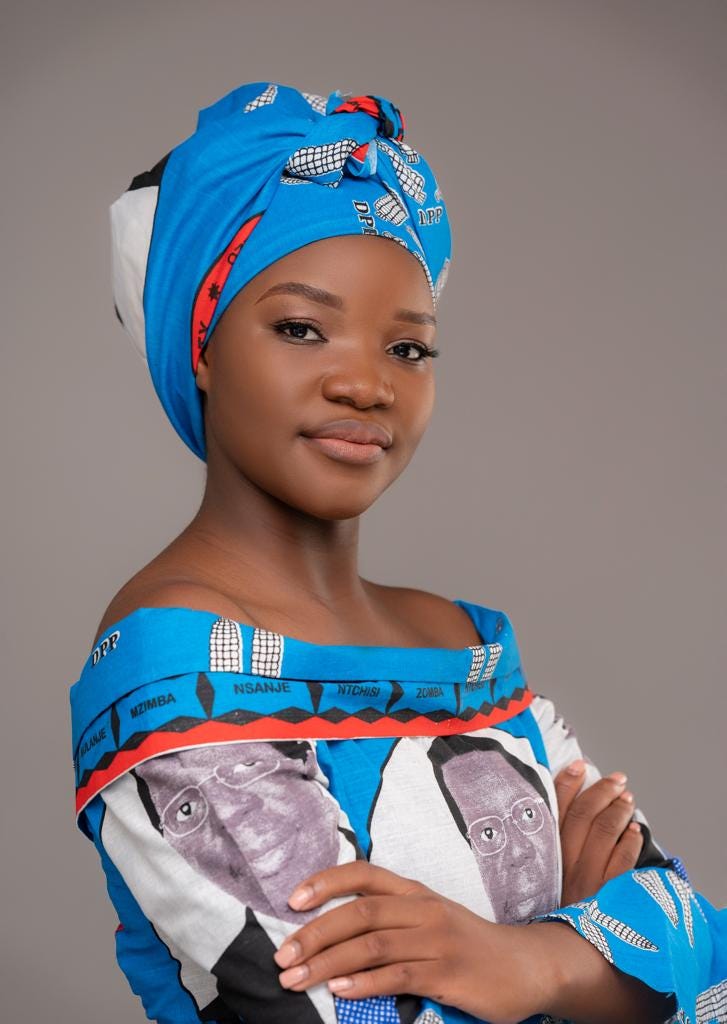Trailblazing Women in Malawi's Political Landscape
These pioneering women stand as beacons of inspiration for current and future generations of Malawian girls, providing role models within reach to propel them toward success.
Lilongwe, Malawi-Over the past 25 years, Malawi's democracy has achieved commendable milestones: peaceful transitions of power, judicial interventions ensuring stability, and a notable female leadership contingent including a head of state, parliamentary speakers, and a Chief Justice, writes Faith Kaunde.
These pioneering women stand as beacons of inspiration for current and future generations of Malawian girls, providing role models within reach to propel them toward success.
At the forefront of this league is Joyce Banda. Her ascent to the presidency in 2012 marked a historic moment as Malawi's fourth president and Africa's most powerful woman according to Forbes Magazine.
Beyond accolades, Banda's enduring legacy stems from her steadfast dedication to women's empowerment and gender equality, even preceding the popularization of these terms.
"Women should be given a chance to be part of the decision-making because a woman in nature has a gift to take care of a family and make quick decisions," Banda emphasized in an exclusive interview from Lilongwe this September.
She stressed the imperative role of women in decision-making, attributing it to their innate ability to manage families and make informed choices.
Women's political participation stands as a fundamental prerequisite for genuine democracy and gender equality, according to Banda.
Emphasizing this, she echoes Ellen Sirleaf Johnson's assertion that "leadership is never given on a silver platter, one has to earn it."
However, women in Malawian politics face substantial challenges, primarily financial constraints hindering their active engagement.
This discrepancy is starkly evident in parliament where, out of 196 members, only 40 are women—falling short of global campaigns advocating gender parity in governance.
Lilian Patel, a distinguished figure in Malawi's political landscape, shares the arduous journey women navigate in politics.
Recalling past perils where personal attacks targeted female politicians, Patel emphasizes the resilience necessary to withstand such assaults without succumbing to emotions.
"I have been privileged to have been appointed in different ministerial positions, and these roles have played a significant role in my career," Patel remarked in a separate interview.
Reflecting on her journey, she underscores a woman's innate ability to multitask, citing it as a strength in leadership.
Both Banda and Patel epitomize political resilience. Banda, a key figure since Malawi's democratization in the early '90s, served as President from April 7th, 2012, to May 31st, 2014.
Patel, the current acting president of the United Democrat Front (UDF), has represented Mangochi South in the National Assembly since 2014, previously serving from 1994 to 2009.
"I am very happy that people in my constituency trust me, and now there is gender equality as many women have risen to power in various positions," Patel affirmed, emphasizing the importance of women in decision-making processes.
In the halls of Lilongwe's parliament, a new generation emerges, typified by Fyness Mangonjwa.
Elected at a youthful 22 in 2019, Mangonjwa defied age and gender stereotypes in a constituency previously unled by a woman.
"Being a woman in politics is a beautiful thing because so many people look up to you, but it's not easy to be that woman," Mangonjwa reflected in an interview.
Her path was laden with cultural norms that historically limited women's political ascendancy, especially in deeply conservative districts like Machinga.
Her resilience in overcoming these challenges has shaped her growth, transitioning her from a novice to a refined orator on the parliamentary floor.
"No one told me what to do, how to use words with different people, and how to handle media," she recalled of her initial experiences in office.
In the continuum of Malawi's women in politics, Mangonjwa's story, akin to those of Banda and Patel, reaffirms that the sky is not the limit for women in Malawian politics—it's a stepping stone for the future.





